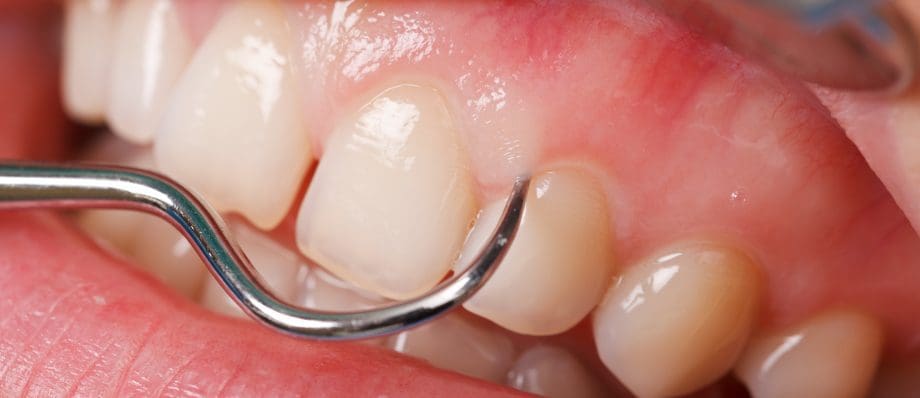Introduction:
Halitosis, another name for bad breath, can be uncomfortable and unpleasant. It might have an impact on social interactions in addition to your self-confidence. However, you may fight this issue by being aware of the causes and implementing sensible preventative measures. This article will examine the factors contributing to foul breath and offer helpful advice for prevention and therapy.
usemor | plazabizlink | primebiznetwrk | bluebizsavvy | wellmedhub
Reasons for Bad Breath
- Poor Oral Hygiene:
Poor oral hygiene is one of the main causes of foul breath. When you don’t consistently brush and floss, bacteria and food particles build up in your mouth, giving it an unpleasant odour. Additionally, gum disease, another source of halitosis, can be brought on by plaque accumulation on the teeth and gums.
- Dry Mouth:
Saliva is essential for maintaining dental health because it balances acidity and washes away bacteria and food particles. bad breath can result from dry mouth, sometimes referred to as xerostomia, which causes insufficient saliva production in the mouth. Certain drugs, mouth breathing, or problems with the salivary glands can all contribute to dry mouth.
- Food and Drinks:
A few foods and drinks might linger in your mouth and give you poor breath. Common offenders include garlic, onions, spices, and strong cheeses. Similar to how alcohol, coffee, and acidic drinks can add to a bad scent. While transient, these scents can be reduced by practising good dental hygiene.
How to avoid having bad breath:
- Maintain a Regular Routine for Oral Hygiene:
Replace your toothbrush every three to four months, and brush your teeth at least twice daily with fluoride-containing toothpaste. To remove plaque and food fragments between your teeth, floss daily. Remember to brush your tongue regularly since bacteria might collect there.
- Keep Hydrated:
Drinking enough water can increase salivation and prevent dry mouth. Carry a water bottle with you so you can drink water all day. Gum without sugar might also encourage salivation.
- Watch What You Eat:
Limit your consumption of spicy foods like garlic and onions. If you consume them, remember to rinse your mouth or brush your teeth. To temporarily freshen your breath, choose sugar-free gum or mints.
Getting Rid of Bad Breath:
- Visit a dentist:
If you have persistent foul breath, you must visit a dentist. They can find and treat any underlying oral health problems, such as gum disease, cavities, or infections.
- Professional Cleanings:
Maintaining oral health and preventing bad breath require routine dental cleanings. Dental specialists can eliminate plaque and tartar buildup, which can cause halitosis.
- Mouthwashes and Rinses:
Antibacterial mouthwashes and rinses can aid in bacterial reduction and improve breath freshness. They shouldn’t, however, replace a full dental hygiene regimen.
Conclusion:
While bad breath can be uncomfortable and embarrassing, it can be effectively handled with the right knowledge and care. You may avoid and reduce bad breath by maintaining good oral hygiene, drinking plenty of water, and monitoring your diet. It is advised to seek professional dental care if the issue continues. Keep in mind that having fresh breath increases confidence and encourages overall better oral health.
kao-wool | super-wool | ticketwebsitehq | syngrxdrugs | paydayard

